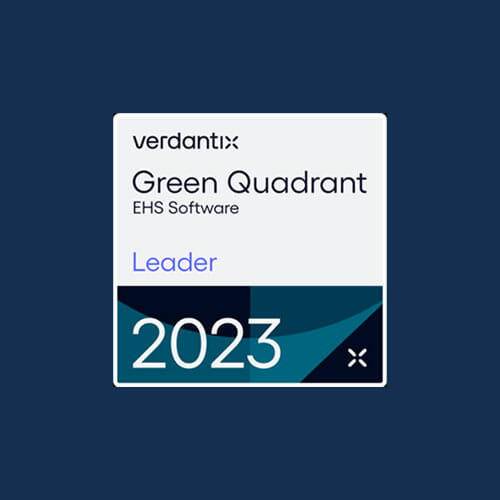The Science-Based Targets initiative (SBTi) has announced the launch of the first science-based framework for companies to set net-zero targets – the Net-Zero Standard. The purpose of this new Standard will be to emphasize the importance of decarbonization in corporate net-zero strategies.
Net-zero has risen to the forefront of efforts to avert severe climate collapse in the last few years. In 2019, net-zero commitments covered 16% of the global economy. But, the concept of net-zero, as well as the method to get there, is interpreted in a variety of ways, many of which are contradictory. This has resulted in a jumble of varying goals, with several emphasizing the ‘net’ portion of net-zero. The idea of net-zero has been heavily criticized as a result of this.
This is where the first science-based global standard for corporate net-zero targets enters. Ensuring that companies’ net-zero targets turn into action that is compatible with obtaining a net-zero world by 2050 and building a framework for reliable, science-based net-zero targets for the corporate sector. This new paper lays out the conceptual foundations for credible, science-based net-zero targets for the corporate sector.
How was the Net-Zero Standard developed?
The Net-Zero Standard was established through a stakeholder approach that was balanced, open, and inclusive. The SBTi reached out to interested individuals and groups ahead of time, giving a variety of updates and options to participate in the process. This includes the following:
- SBTi’s Scientific and Technical Advisory Groups, as well as a specific Net Zero Expert Advisory Group, were consulted.
- Over 500 individuals participated in two public discussions.
- Over 80 firms participated in a road-test and pilot project.
- Webinars and seminars are examples of ad hoc information and consulting events.
- The SBTi website is updated on a regular basis.
- A newsletter that is completely free of charge.
What will be required by the Net-Zero Standard?
- Rapid emissions reductions in line with a global temperature increase of 1.5°C before 2050. This is the central focus of the Net-Zero Standard and must be the overarching priority for companies. Most companies will require deep decarbonization of 90-95% to reach net-zero under the Standard.
- Near-term and long-term targets to reduce emissions over 5-10 years. This means making rapid emissions cuts now, halving emissions by 2030.
- There will be no net-zero claims until long-term targets have been accomplished. Most companies are required to have long-term targets with emission reductions of at least 90-95% by 2050. At that point, a company must use carbon removals to neutralize any limited emissions that cannot yet be eliminated.
- Reduce their value chain emissions before investing to mitigate emissions outside their value chains. Companies should go further, according to the SBTi, by investing outside of their science-based targets to alleviate climate change worldwide. However, these investments should be in addition to deep emission cuts in the company’s own value chains.
The Surge in Net Zero Targets
According to the latest report by the Intergovernmental Panel on Climate Change (IPCC), to limit global warming to 1.5°C above pre-industrial levels and avoid the most catastrophic impacts of climate change, the world must halve CO₂ emissions by around 2030 and reach net-zero CO₂ emissions by mid-century.
Recognizing the importance of keeping global warming to 1.5°C, companies are increasingly adopting net-zero climate targets. Between July 2019 and June 2020, over 230 companies committed to reach net-zero emissions as part of the Business Ambition for 1.5°C campaign, an urgent call-to-action for companies to set emissions reduction targets in line with a 1.5°C future. The campaign is led by the SBTi and backed by a global coalition of UN leaders, business organizations and NGOs.
Science-Based Targets with Cority
As a CDP Gold Accredited Software Partner, and an active supporter of the SBTi, Cority is championing science-based net-zero commitments and continues to encourage the adoption of science-based targets.
Cority’s award-winning Sustainability Performance Management software enables companies to acquire and manage the data needed to set Science-Based Target and Net-Zero Targets. In addition, Cority’s client services team provide clients with guidance on committing to and setting targets for their organizations. Once set, clients can use Cority’s Sustainability Performance Management software to manage and track progress against targets over time.











